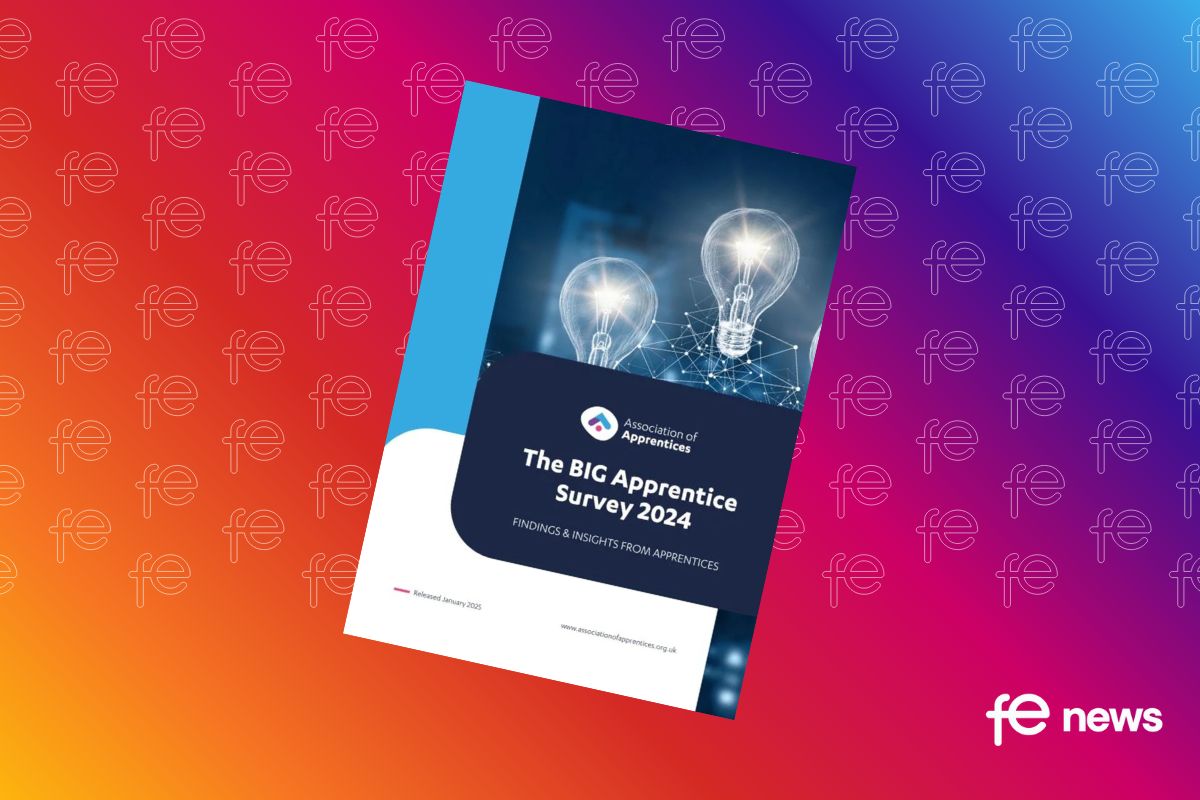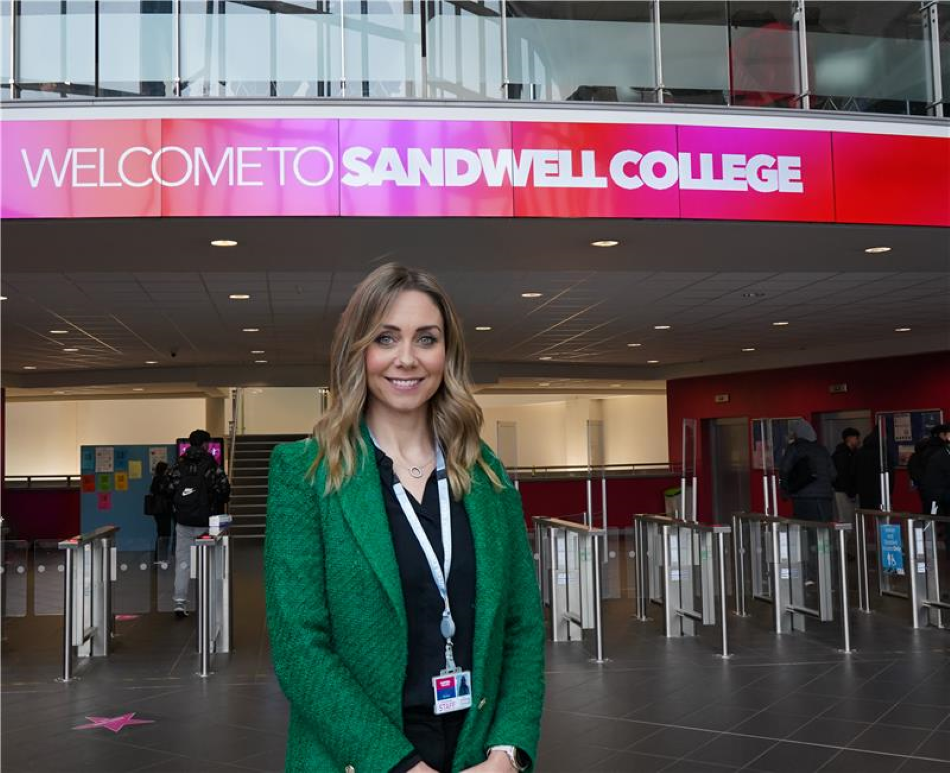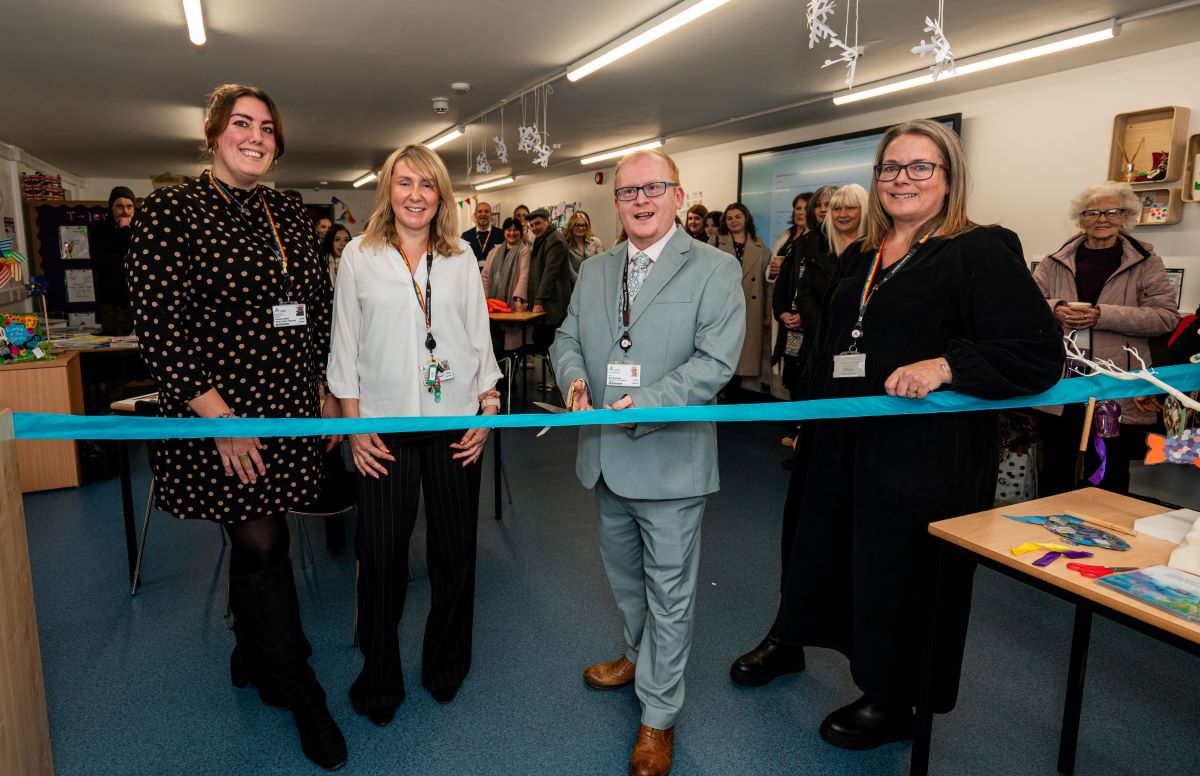Staff and students celebrate 50 years of educational psychology at the University of Exeter

Staff and students are marking 50 years of educational psychologists being trained at the University of Exeter.
Educational psychologists work with families, school staff and other professionals to support children’s learning and development. They help children to develop a range of skills in areas such as learning, communication and interaction, mental health, and emotional wellbeing. Educational psychologists help to prevent exclusion from school and ensure fair access to education for those with disabilities.
The University of Exeter is one of a small number of institutions around the country to offer the Doctorate in Educational, Child and Community Psychology course.
DEdPsych courses are funded by the Government and after finishing trainees work in local authorities for a minimum of two years. Trainees combine their studies with working for councils and start to specialise in a particular area of expertise towards the end of their course.
The University of Exeter course was set up by Professor Bob Burden and has been run for the past 20 years by Dr Andrew Richards. The course is taught by Dr Richards and team of educational psychologists, as well as drawing upon the expertise of EPs from around the region. Dr Richards is a specialist in dynamic assessment of children’s learning potential – gauging a child’s needs in the most sensitive way – and is retiring this term.
Educational psychologists are registered with the British Psychological Society and Health and Care Professionals Council. New trainees need to have previous relevant experience in working with children and a degree in psychology or have taken a conversion course. Competition for places on courses is tough and around ten graduate each year from the University of Exeter.
Margie Tunbridge, University of Exeter DEdPsych Deputy Programme Director said:
“There is a huge need for educational psychologists, especially after the coronavirus lockdowns. They work to use their resources and skills to help children and teachers, support learning and behaviour. They help make children feel happy and willing to be in school.”
At a recent conference and celebration event to mark Dr Richards’s retirement and the 50th anniversary of the course recent graduates spoke about their research, on topics such as consultation in schools, exploring support for children and young people experiencing sexual exploitation, educational psychologists’ role in ‘unofficial’ exclusions and off-rolling and different models of service delivery.
Dr Richards has worked as an educational psychologist since 1991, following training at the Institute of Education. He started at the University of Exeter in 2000 in a joint role with North Somerset Council, before moving to a similar role in Devon. He has examined over 110 DEdPsych, DEd and PhD theses and has been involved in research projects looking at family-school relationships, dialogic education, children in local authority care and measures of group thinking.











Responses